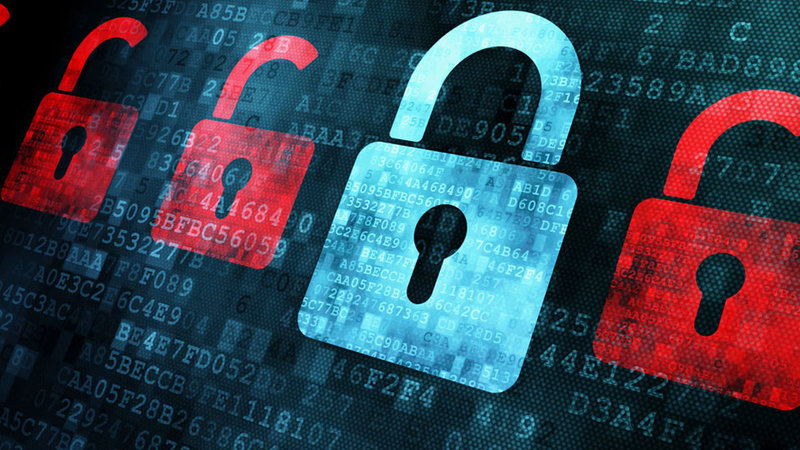Choosing and Maintaining a Secure Password
Nowadays, you’re expected to remember more passwords than ever before. Your email account, your social media and your bank account; all of these things – and more – require a password, to make sure that you’re the only person who has access to your personal information.
What’s the Risk with an Unsecure Password?
An unsecure password can be a gateway into all of your personal information. Personal emails, photos of the family, contact information and even bank accounts can all be at risk.
Don’t forget, it’s not just bank accounts that can leave you at a loss if they’re compromised. Shopping websites like eBay, Amazon and supermarkets are all capable of storing your payment card details, allowing you, or an uninvited hacker, to make quick, one-click purchases.
Secure Passwords: What to Do
When choosing a secure password, these are our top tips to remember, which will help to keep your account as secure as possible. If it’s important enough to put behind a password, then you should consider following the advice below.
Make Your Password Complex
Creating a complex password that’s made up of random letters and numbers, is one of the best pieces of advice that you can follow. The most secure passwords are those that aren’t real words, for example: “TpIfMfA”. Although you might think that passwords like this would be impossible to remember, it’s just a simple acronym we’ve made up on the spot, which stands for “This password is for my Facebook account”.
Using acronyms like this means that you can easily create long and complex, nonsensical passwords, but ones that you can easily remember, and that make sense to you personally.
Change Your Password Regularly
You should get into the habit of changing your password regularly, even if your account hasn’t been compromised. Even companies aren’t immune to breaches in online security, and from time to time, you do hear horror stories of people stealing large numbers of usernames and passwords for popular websites. If, God forbid, this does happen, at least you’re less susceptible if you have recently changed your password.
Using Multiple Words
If using a complex password made up of random letters, numbers and symbols will be too difficult to remember, try to use multiple words rather than just one. These days, you’re not only at risk from humans, but computer programs, too. There are programs out there specifically designed to try and guess your passwords. Thankfully, most good websites have anti-hacking software in place, which locks down login attempts if somebody tries to guess a password incorrectly numerous times.
However, it can never hurt to follow good practice and use multiple words in your password, all strung together. Not only can this be easier to remember than a random string of letters and digits, but it can also increase the length of time that it could take for a computer to guess your password. This can easily be the difference between a few days, and hundreds of years!
Secure Passwords: What Not to Do
On the flip side, there are also several things that you should avoid when choosing a password. Making any one, or more, of these common mistakes, could result in your account being more exposed to an attack than somebody who has followed the advice above.
Don’t Use Common or Obvious Phrases
At the end of 2016, research compiled a list of the world’s 25 most popular and overused passwords. At the top of this list were passwords including “123456”, “qwerty” and, of course, “password”. These are super easy to remember and even easier to type in when you’re in a hurry, but that also makes them an easy target for people who want to get into your account.
Don’t Use Short Passwords
Short passwords are nearly as bad as common phrases when it comes to account security. There are only so many short words that you can use as a password, and even if you choose a random combination of letters and numbers, you’re still not guaranteed to keep your accounts secure.
Don’t Re-Use Passwords
As you open more and more online accounts online, it can be tempting to use the same password so that you don’t lose track of them all. This is a bad habit to get into, as if just one of your accounts is compromised, then the hacker may try to use it to access other accounts, too. This could quickly result in a domino effect, taking down all of your accounts one by one.
Keeping Your Passwords Safe
Once you’ve got yourself a secure password, you need to keep it that way. The final hurdle to keeping your accounts secure is to remember to keep your password a secret. That doesn’t just mean not telling anybody, but also making sure that you only ever enter it into the website that it was created for.
Ignore emails that ask for your passwords and never enter them into a website unless you’re absolutely sure that it’s the correct one.
Get In Touch
If you have any concerns about online security or think that your password may have been compromised, then give WiseGuys a call on 0808 123 2820. We can give you advice on securing your account again and creating yourself a secure password.



Recent Comments